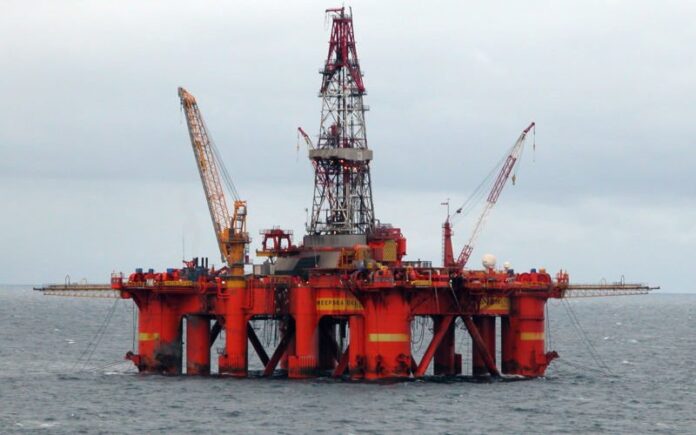RIYADH: Oil prices continued to slide on Wednesday as investors worry about the global economy, prospects of central banks’ raising interest rates, and increased restrictions to curb COVID-19 in China.
Brent crude futures for October, due to expire on Wednesday, were down $3.56 at $95.75 a barrel following Tuesday’s $5.78 loss. The more active November contract was down $2.70, or 2.76 percent, at $95.14 a barrel.
US West Texas Intermediate crude futures were down $2.58, or 2.82 percent, at $89.06 a barrel by 0939 GMT, after sliding $5.37 in the previous session on recession fears.
OPEC+ sees bigger 2022 surplus
The oil market will likely see a bigger-than-expected surplus this year, the Organization of the Petroleum Exporting Countries and allies, a group known as OPEC+, said in a report on Wednesday, as rising energy costs and tighter monetary policy exert downward pressure on oil demand.
The report comes days ahead of an OPEC+ policy meeting on Sept. 5 and over a week after OPEC leader Saudi Arabia said the group may cut oil output.The Joint Technical Committee, which meets on Wednesday, advises the of oil-producing nations, on market fundamentals.
Shell’s Vito oilfield to start production in early 2023: Equinor
Shell’s Vito deepwater oilfield in the US Gulf of Mexico will start production in early 2023, partner Equinor said on Wednesday.
“It is in the early stages of being installed with the intent of first production in early 2023,” Chris Golden, Equinor’s US country manager, told a news conference in Norway.
Equinor has a 36.9 percent stake in Vito.
Gazprom Neft production reaches pre-pandemic level
Gazprom Neft, Russia’s fastest-growing oil company in terms of output, has restored its production to pre-COVID levels, Vadim Yakovlev, the company’s first deputy CEO, said.
He also said that the company is ready to tackle curbs on Russian oil from the West over what Moscow calls a “special military operation” in Ukraine, which forced Russian companies to seek new markets and cut supplies to Europe and the US.
“As far as the oil embargo is concerned, the restrictions, which are being created, regulatory, logistic ones, do not have a direct impact on total demand,” Yakovlev said.
“It leads to overhaul of logistic routes as we leave for new markets,” he added.
He said such “ineffective” logistics inflate delivery costs.
In 2021, Gazprom Neft produced some 101 million tons of hydrocarbons, including 62 million tons of crude oil.
The official declined to disclose the latest production figures and forecasts publicly.
(With input from Reuters)

